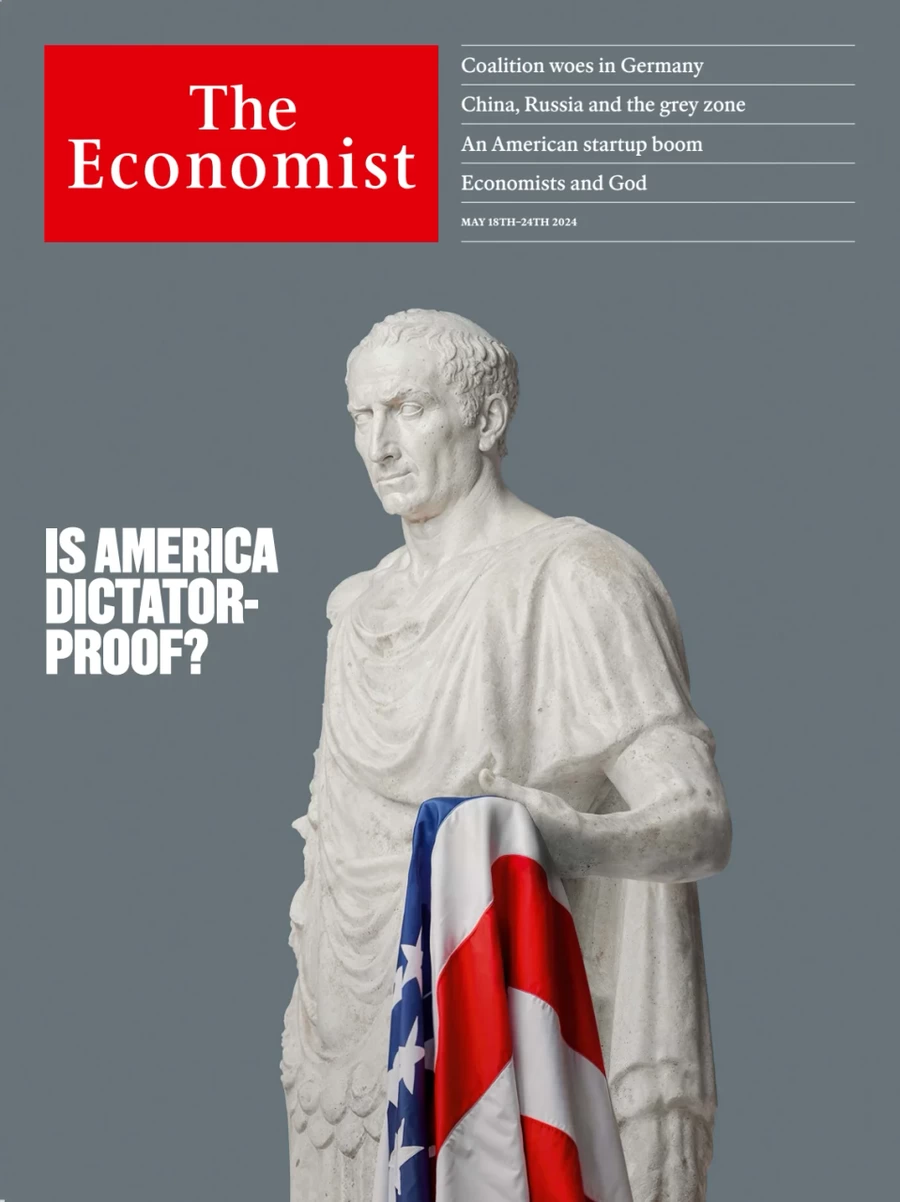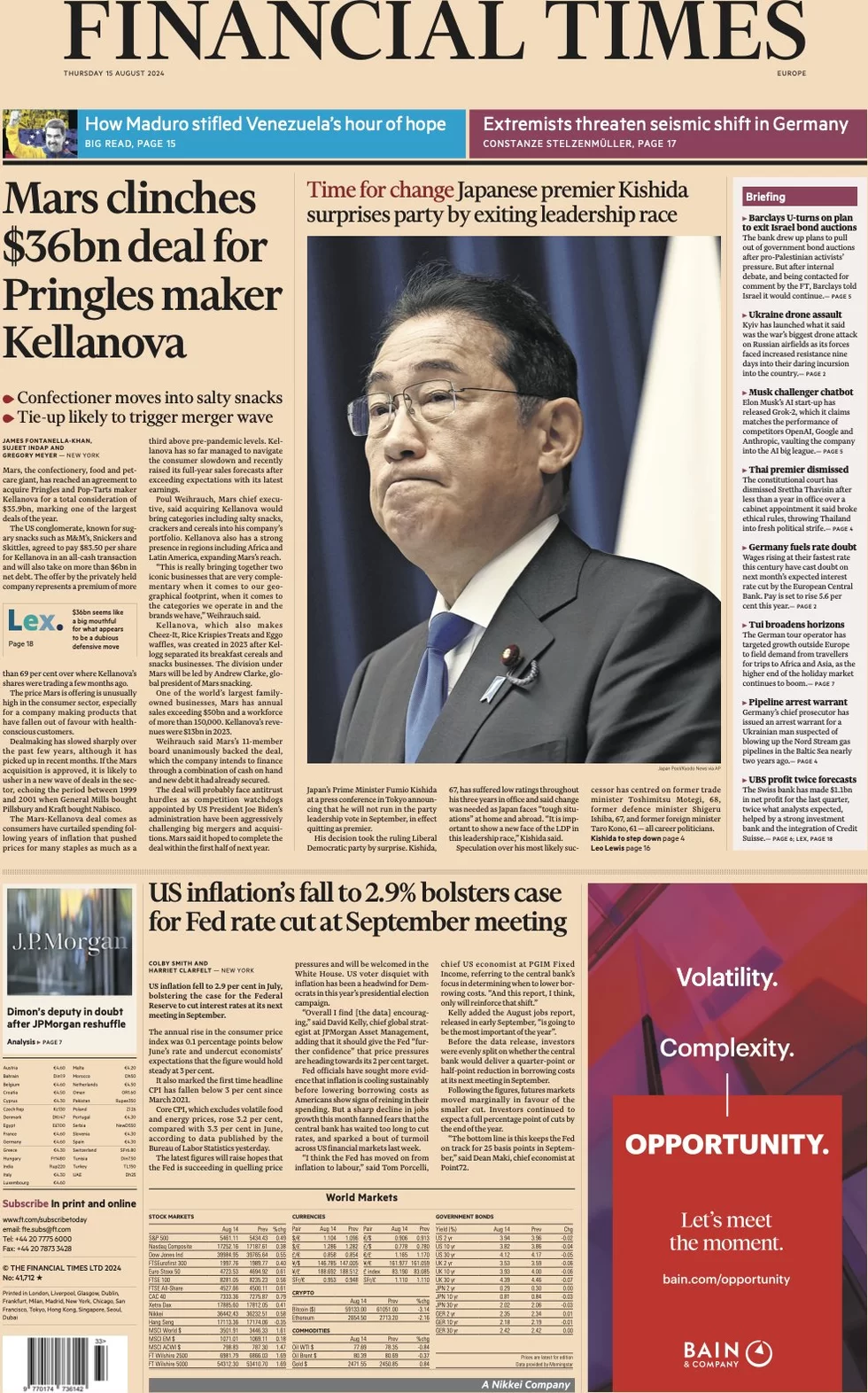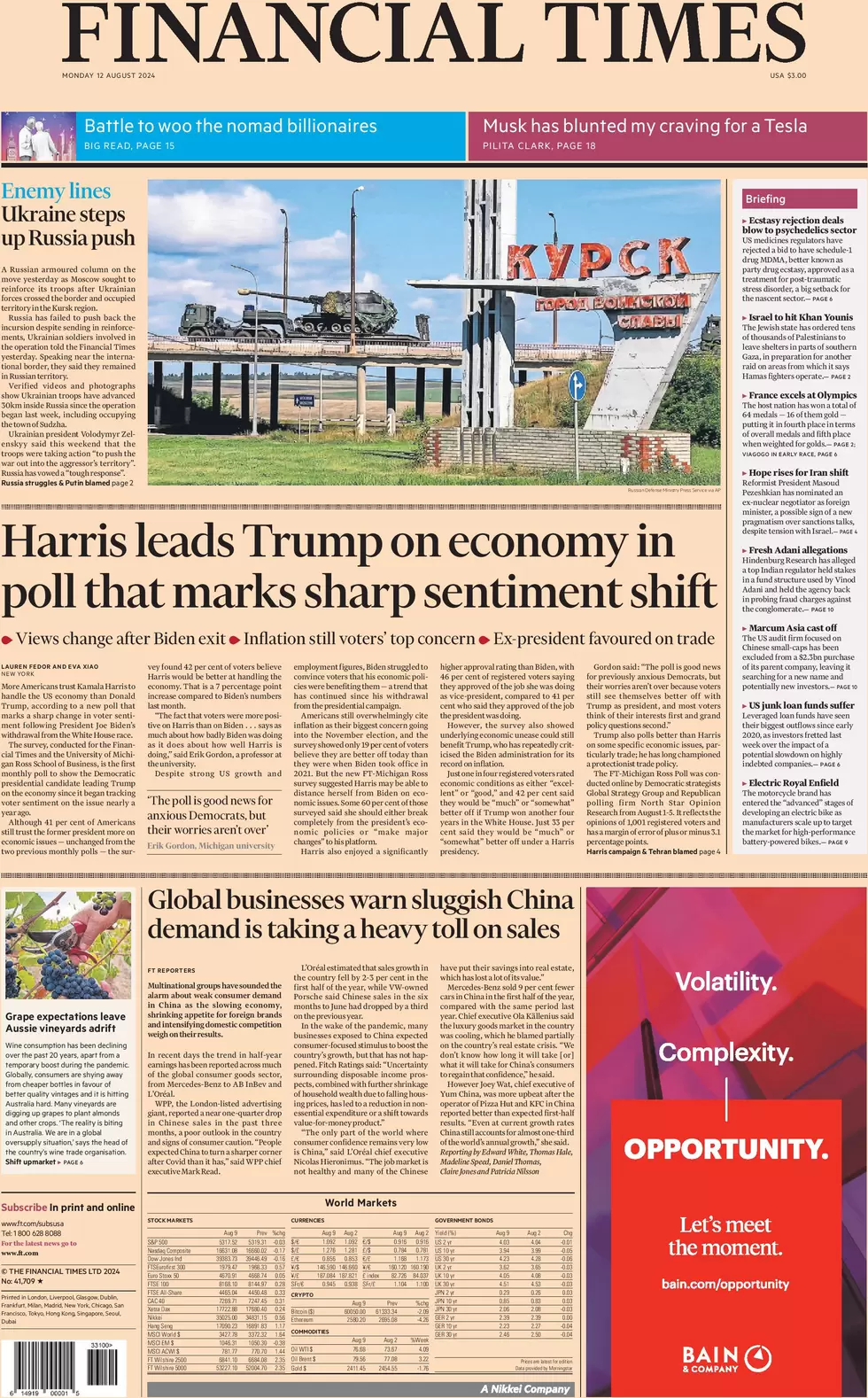The Economist – Is America dictator proof?
This week’s Economist asks: Is America dictator-proof? The many vulnerabilities, and enduring strengths, of America’s Republic.
Summary

America’s republic faces significant vulnerabilities alongside its enduring strengths. Following the Cold War, the American political model appeared unassailable. However, recent years have seen a decline in confidence among Americans. Factors such as reckless wars, financial crises, and institutional decay have intensified political battles, making presidential elections feel like high-stakes events. Leaders have publicly doubted the integrity of democracy, and attempts to obstruct the peaceful transfer of power have occurred. These issues have justifiably raised concerns about the resilience of the American system against rising authoritarianism.
The key takeaway is that relying solely on the Constitution to protect the republic is overly optimistic. The preservation of democracy relies heavily on the courage and convictions of individuals across the nation, particularly those responsible for creating and enforcing laws.
The latest business news
-
Global stocks climb higher as market jitters ease US stocks had their best trading day since November 2022, driven by a surprising drop in unemployment claims that eased fears of a slowing economy. The S&P 500 surged 2.3%, the Dow Jones gained 1.8%, and the Nasdaq soared 2.9%. Asian markets also saw gains, with Hong
-
Musk’s X sues brands and trade group over advertising boycott Elon Musk’s social media platform, X (formerly Twitter), has filed a lawsuit against several major companies, accusing them of unlawfully conspiring to boycott the site. The companies named in the suit include food giants Unilever and Mars, healthcare provider CVS Health, renewable energy firm Orsted,












